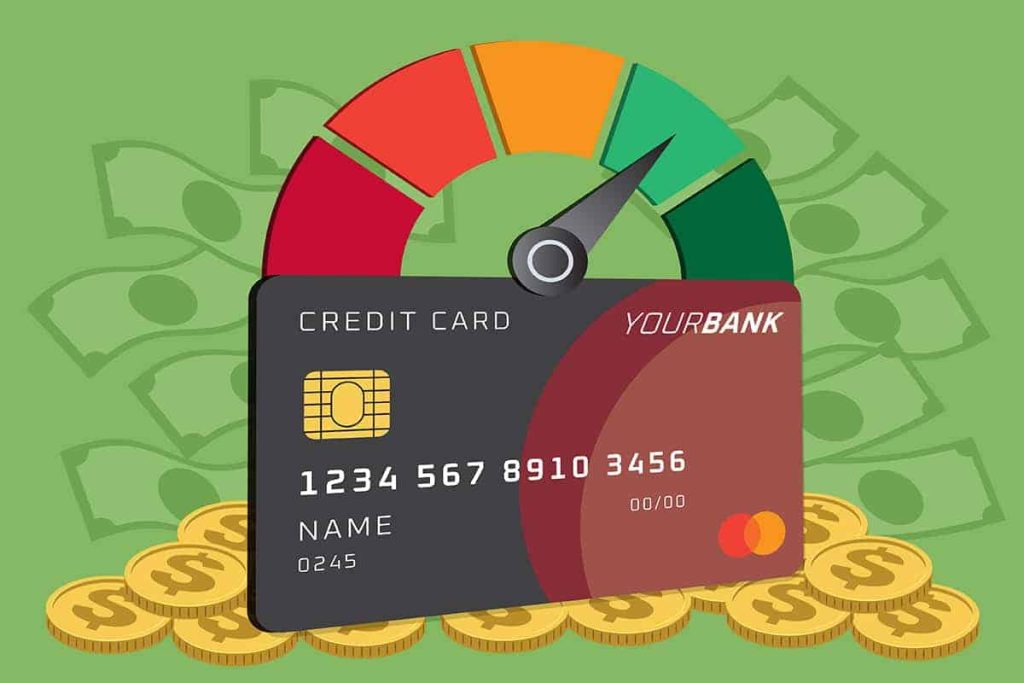The Business Credit Score Cure: Five Fixes for Financial Freedom
A poor business credit score can be a major roadblock, leading to rejected bank loans
Overview
A poor business credit score can be a major roadblock, leading to rejected bank loans, high interest rates, or demands for substantial collateral. To fix this, you must adopt disciplined, consistent financial practices focused on repayment habits, debt usage, and report accuracy.
Why Your Business Credit Score is Low
Before fixing the problem, you need to understand the common causes of a low business credit score:
- Late Payments: Consistently paying bills, vendor invoices, EMIs, or credit card dues after the due date signals high risk. The longer an invoice is overdue, the lower your score drops.
- High Credit Utilisation: Using a large portion of your available credit is a red flag to lenders.
- High Debt Levels: Having too much overall debt relative to your company’s assets or revenue indicates financial strain.
- Lack of Credit History: For newer businesses, a short history makes it difficult for lenders to assess your creditworthiness.
- Negative Information: Severe issues like bankruptcies or tax liens on your report will significantly damage your score.
- Inaccurate or Inconsistent Reporting: Errors or conflicting details on your report make assessment difficult, leading to a lowered score.
Systematic Steps to Improve Your Business Credit Score
Improving your business credit score requires building lender trust through clear, consistent financial habits.
1. Master Timely Payments
This is the single most important factor. Always pay every obligation on time.
- Be Regular: Ensure all EMIs, credit card payments, and invoices are paid within the agreed-upon time. Consistent, timely payments are the fastest way to signal reliability.
- Prioritize Overdue Invoices: The older an overdue payment is, the more it hurts your score. Settle these quickly.
2. Control Debt and Credit Usage
Lenders want to see that your business can manage debt responsibly.
- Lower Credit Utilisation Ratio: Use your available credit sparingly. Aim to keep your usage ratio below 33% of your total credit limit. Maintaining a lower ratio signals responsible financial management.
- Use Flexi-Loans Wisely: For short-term operational costs, flexi-loans offer flexibility without immediately burdening your repayment capacity. Managing these short-term solutions responsibly helps build your score over time.
3. Ensure Financial Separation
Never mix your business and personal finances.
- Keep Accounts Separate: Use dedicated business bank accounts and credit cards for all company transactions. Mixing personal and business finances can cause your business credit score to be negatively affected by your personal financial issues.
4. Monitor and Correct Your Report
Accuracy is vital; a mistake on your report can unfairly cost you opportunities.
- Monitor Regularly: Check your business credit report quarterly to stay aware of your current standing and identify any issues.
- Verify Accuracy: Scrutinize the report for errors, such as paid-off loans still showing as outstanding or unauthorized inquiries. If you find a mistake, report the error for correction. Rectified errors usually lead to an immediate improvement in your score within a month.
 Conclusion
Conclusion
By implementing these effective steps, your business will gain a stronger financial reputation, making it easier to secure financing at competitive rates and unlock new business opportunities.



